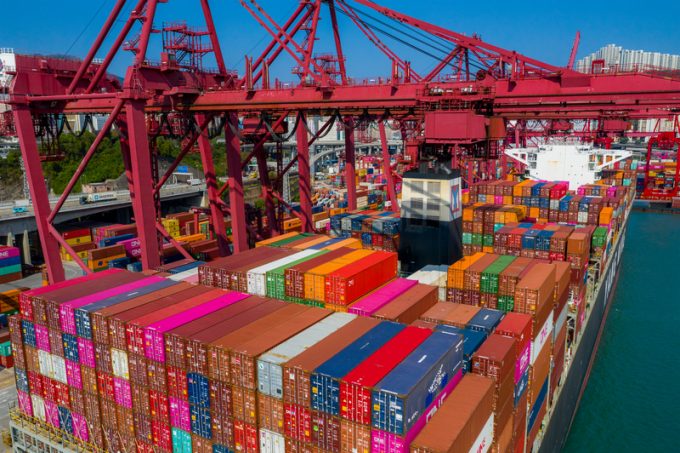Halifax a winner as vessels re-route due to US east coast strike
The Canadian east coast gateway of Halifax – and, by extension, port operator PSA which ...

The EC’s decision not to renew the Consortia Block Exemption Regulation (CBER) after more than a decade covering box shipping in Europe has reopened the debate over what benefits shippers accrue from vessel sharing agreements.
Announced yesterday, the decision will take effect when the shipping alliance ...

Comment on this article